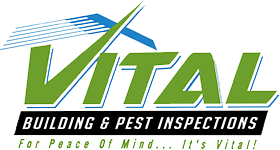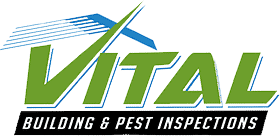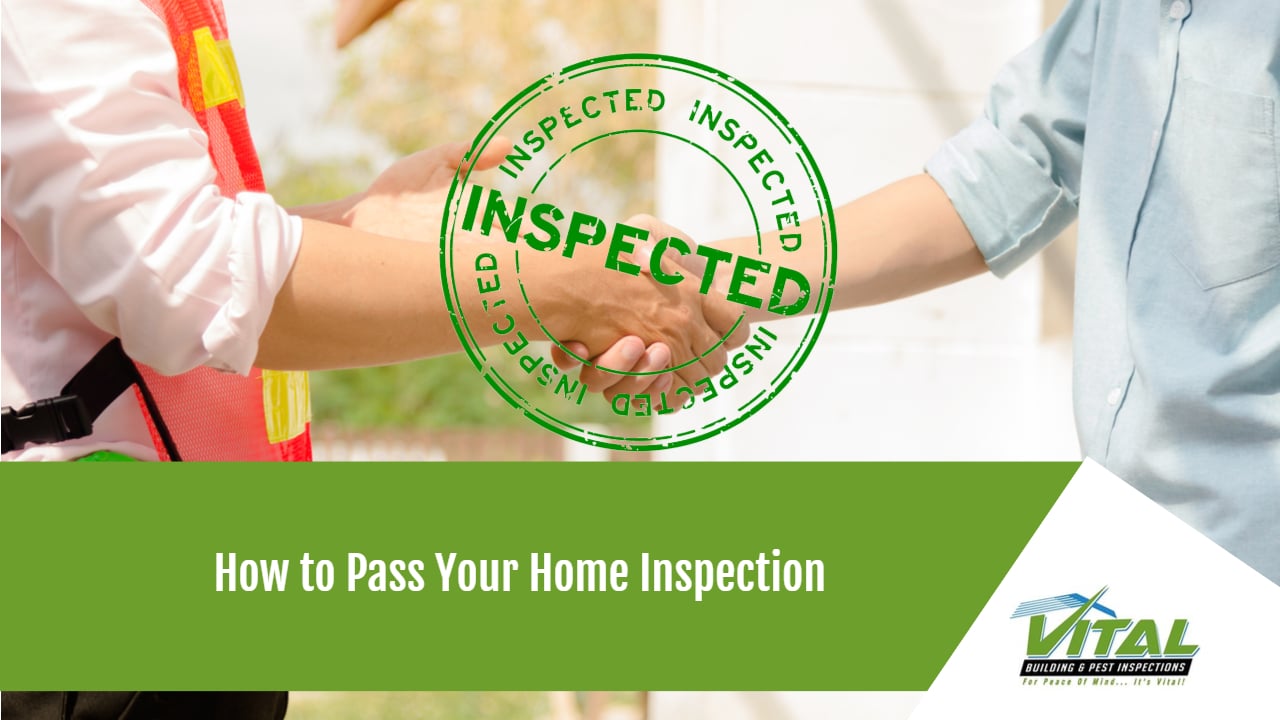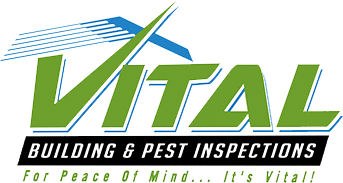The prospect of a home inspection before selling a house can be a little unnerving for some home-owners. The main reason behind it is the fear of the home inspection report revealing negative aspects of the house and derailing a good sale. However, most of these fears are unfounded and completely baseless.
A home inspection report is just a tool that certifies the condition a house is in, acting as a confirmation to the buyer that they are investing in a good property. Also, if in the process of inspection, an inspector does make a few negative comments, don’t feel dejected. Home inspectors are extremely thorough and note everything they observe. Besides, no property deal fails due to issues highlighted in the report unless they are significant and glaring. So, there’s absolutely no reason to fear a home inspection.
It goes without saying that before you list your house for sale, it’s a good idea to get some basic repairs done so that there is minimum chance of the buyer backing out of the deal. Under the contract, you are not bound to make any repairs but if you do, a home inspection report will leave no excuse for the buyer to skip the deal.
So, what are the things that make your house a worthy candidate for a glowing home inspection report? Let us go through various aspects of preparing your house for a home inspection.
Minor Repairs and Maintenance
The following basic repairs and maintenance tasks are inexpensive but leave a lasting impression on the home inspector. So, ensure that these are the first things you turn to in preparation for a home inspection:
- Clean and clear all gutters of debris along with fixing any leakages.
- Paint and seal all windows and walls along with the asphalt driveways.
- Repair all joints, cracks, and holes in the walls.
- Replace the old, faded, or damaged wallpaper.
- Air conditioning, heating, and ventilation should be serviced.
- Loose door knobs, hinges, latches, and exterior fencing and gates should be tightened.
- If there are cracked or broken window panes, they should be replaced.
- All broken light bulbs and fixtures should be replaced.
- Ensure that vents are clean and operational and the underfloor space is dry and well ventilated.
- Before the building inspection, remove all inflammable material such as paints, solvents, and gas from the garage and the underfloor space.

Major Repairs, Safety Mechanisms, and Precautions
One of the jobs of a home inspector is to ascertain if the property is safe for the prospective buyer to live in. So, a positive report on the safety aspect will depend on the following factors:
- The roof and walls are the most important structural elements of the house and if they are damaged in any way, the inspector will notice it. If the roof coverings and the bricks and mortar on the wall are damaged, moist, or rotten, get them repaired before the inspection.
- Plumbing is also a major area that the inspector will pay good attention to. Ensure that the water pressure in the taps is adequate and that the showers and flushing system in the toilets is working fine as is the dishwasher. Another area that inspectors closely observe is the sewer or septic system for any issues.
- Home Inspectors specifically look for the presence of bad odours and moisture in the house that can lead to mould stains and pests. Before the inspection, make a thorough check for any wet areas, leakages, or infestations and get them fixed.
- The property should have good quality, reliable smoke detectors installed and functioning at the time of inspection.
- The electrical systems should be working. There should be adequate outdoor lighting.
- If the property has a swimming pool, it should be properly fenced. The stairwells and doorways should be free of any obstructions and debris.
- The main utility areas of the property should be significantly away from all kinds of combustible and inflammable material. In addition, all the doors should be functional.

Preparing for the Inspector’s Visit
Before the building inspector is due to visit your house for the inspection, there are a few things to do to ensure that the inspection is amiable and efficient.
- De-clutter your home so that the inspector has unobstructed access to all the areas in the house, including the walls and floors. Park the car out of the garage, move heavy furniture away from the walls, take the pets out on a walk, and ensure that the rooms are not occupied by anyone.
- Assemble all the certificates and documents related to the ownership of the house, consents for any work carried out, warranties for various components in the house, and power bills for the past 12 months. This will help you answer all the pertinent questions that the inspector may have.
- Finally, make sure that the house is ready for inspection at least half an hour before the scheduled time of inspection.
A home inspection can be a smooth and efficient affair if you and your house are prepared in advance. Hopefully, this guide will serve to ease all the apprehensions you may have about home inspections.






